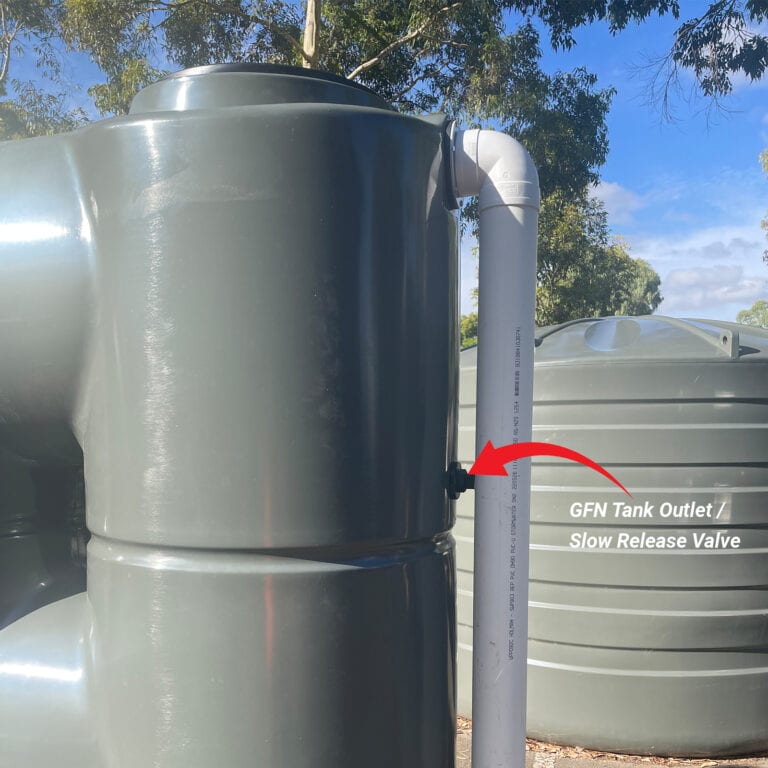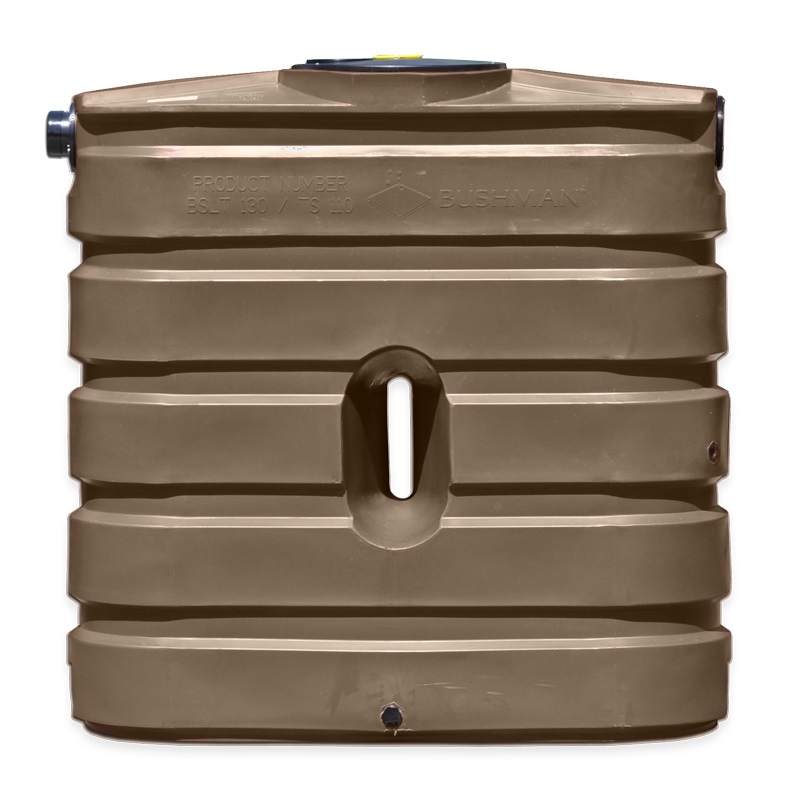Discovering the Numerous Uses of Rain Tanks for Residential and Commercial Features
As the global focus on sustainable living techniques continues to magnify, the usage of rain tanks in both domestic and business settings has arised as an important remedy. The multifaceted uses of rain containers offer an engaging situation for their adoption, not just as a sensible water-saving action but likewise as a testament to accountable resource monitoring.
Advantages of Utilizing Rainwater Tanks
Utilizing rain storage tanks uses various advantages for both households and areas in terms of water conservation and sustainability. Among the vital benefits of using rainwater containers is the considerable reduction in dependence on mains supply of water - Slimline water tanks. By capturing and saving rainwater for later usage, individuals and areas can reduce their need for treated water, inevitably reducing the concern on water therapy centers and decreasing power intake connected with water transportation and treatment
Furthermore, rain harvesting with tanks supplies a dependable different water source throughout times of water restrictions or lacks. This saved rainwater can be used for numerous non-potable functions such as irrigation, flushing commodes, and cleaning clothes, lowering the strain on standard water resources. Furthermore, using rainwater containers can lead to cost savings for both houses and communities by reducing water expenses and decreasing the requirement for pricey infrastructure growths to satisfy expanding water needs.
Basically, the usage of rainwater storage tanks uses a lasting and environmentally friendly method to water administration, profiting both specific users and the broader community in regards to water preservation, cost-efficiency, and resilience.
Rainwater Tank Usage in Irrigation
Given the benefits of rainwater tanks in saving water resources and minimizing dependence on mains water supply, a substantial application exists in utilizing stored rain for watering objectives - Slimline water tanks. Rain collecting systems can properly collect and keep rain, giving a lasting water source for sprinkling gardens, yards, and agricultural areas. By making use of rain for irrigation, residential or commercial property owners can minimize their reliance on treated water resources, leading to set you back financial savings and environmental benefits

One of the key advantages of utilizing rain for irrigation is its pureness. Rain is naturally soft and without the chemicals and additives usually discovered in keys water, making it ideal for nourishing plants without the threat of hazardous impacts. Additionally, rain goes to ambient temperature, which can benefit plant development by staying clear of temperature shocks that can accompany cold mains water.
Rain Containers for Toilet Flushing

Applying rain containers for bathroom flushing is an affordable and environmentally pleasant practice that can be conveniently integrated right into both property and industrial residential properties. The stored rain can be utilized to purge bathrooms by attaching the storage tank to the existing pipes system. This easy yet reliable service can significantly reduce water consumption in a structure, particularly in areas where water deficiency is an issue.

Integrating Rainwater Tanks in Landscaping
A reliable approach for improving sustainability in landscaping involves incorporating rainwater storage tanks to enhance water usage and promote environmentally friendly practices - Slimline water tanks. Incorporating rain containers in landscaping provides countless advantages for both property and industrial properties. These containers can catch and store rain overflow from roofing systems, which can then be utilized for watering yards, yards, and plants. By utilizing rain for irrigation purposes, residential or commercial property owners can lower their reliance on local water sources, leading to set you back savings and preservation of valuable water resources.
Along with supplying a sustainable water source for landscape design needs, rain containers can also aid in managing stormwater overflow. By recording rainwater that would or else flow into tornado drains, these tanks can alleviate disintegration, decrease flooding dangers, and prevent air pollution of natural water bodies. Moreover, including rainwater tanks in landscaping can add to the total aesthetic appeal of the residential property, showcasing a commitment to environmental stewardship.
Industrial Applications of Rain Containers
Making use of rain tanks in commercial settings offers a sustainable service for water administration and preservation, profiting services and the setting alike. Business applications of rain storage tanks vary and significantly prominent because of the expense financial savings and ecological advantages they supply. One crucial industrial use is for irrigation purposes, where harvested rain can be made use of to water landscape design, gardens, and agricultural areas surrounding industrial homes. This can lead to considerable decreases Discover More Here in water costs and reliance on community water resources.
Furthermore, rain accumulated in tanks can be treated and made use of for non-potable purposes within commercial residential properties, such as flushing commodes, cleaning, and cooling systems. Generally, the unification of rainwater tanks in industrial setups offers a sensible and environmentally responsible strategy to water management.
Conclusion
To conclude, rain storage tanks supply numerous benefits for both domestic and industrial residential properties. From watering to commode flushing and landscaping, using rainwater tanks can help conserve water resources and reduce water bills. Additionally, incorporating rainwater containers in commercial setups can lead to substantial price financial savings and ecological advantages. Generally, the convenience and sustainability of rain storage tanks make them a useful investment for any type of building proprietor aiming to boost water effectiveness.